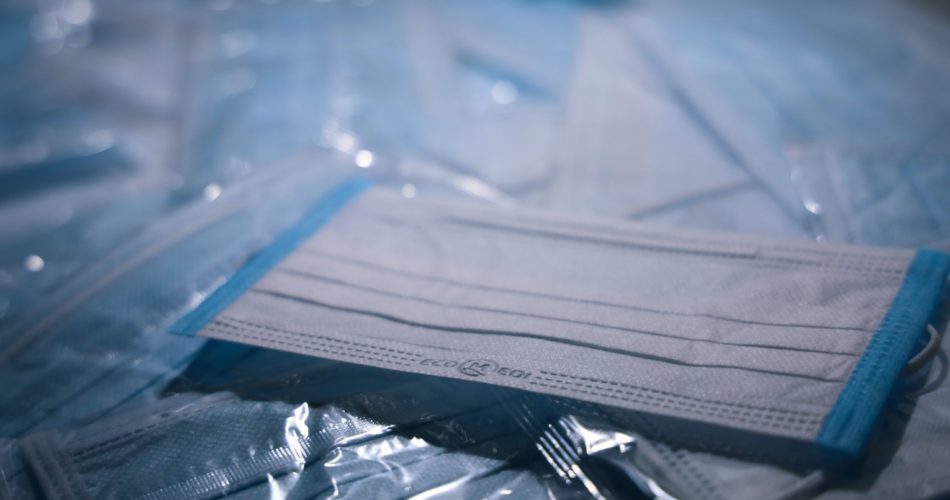The spike in demand for masks due to the COVID-19 pandemic has changed our entire world in many ways. Western countries that had no previous culture of mask-wearing are now asked to wear masks, changing the perspective on what people think about face masks.
In Asia, face masks have been long and commonly used as protection from air pollution and pollen. However, did you know that masks could become a tool for mental dependency? More people are starting to experience face mask addictions due to the fact that they feel safer with a mask.
Contents
Can Low Self-Esteem Lead to Face Mask Addictions?
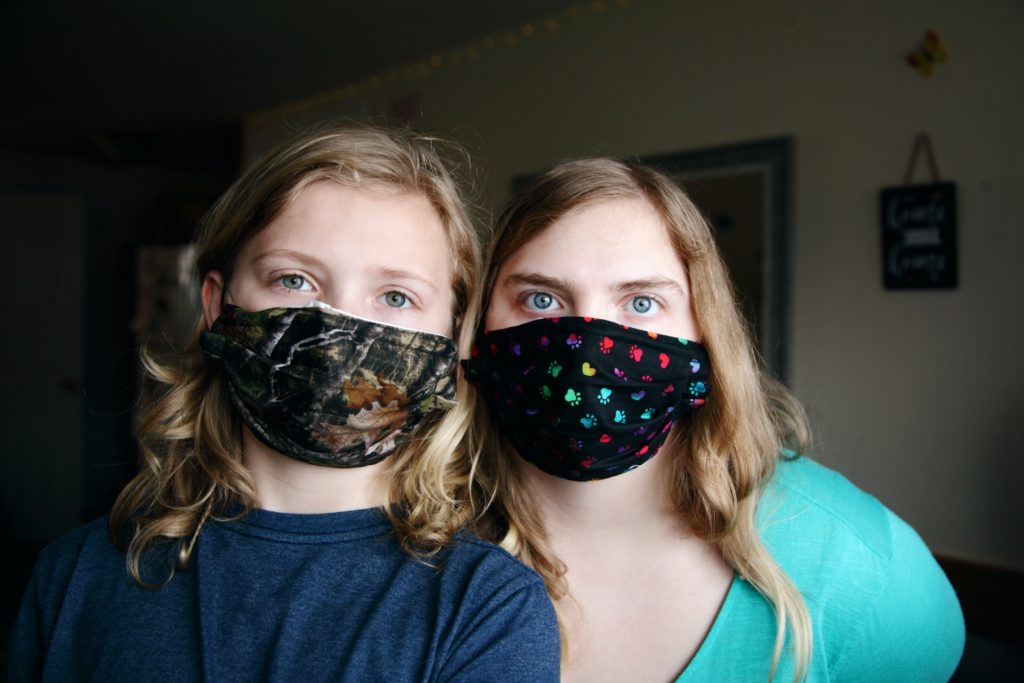
Face masks are said to be effective for the following:
- Protection from virus, pollen, and dust
- Protection and prevention from oral and nasal fluid droplets spreading
- Keeps the skin moist and facial insecurities hidden
- A tool to hide yourself
As COVID-19 has become a global widespread phenomenon, the understanding of 1. and 2. have also become common. As for women, the benefits of 3. allows them to stay make-up-free underneath and some people even appreciate how the mask partially protects them from harmful UV rays.
People prone to face mask addiction tend to use masks as a way to hide. Research in Asia has shown that the lower the self-esteem, the more likely a person is to wear a mask for no reason. When a person has low confidence, they feel more intimidated to communicate with others and a mask allows these types of people to feel more safe and secure.
Face Masks: A Defense and Statement
There are 2 reasons why a person would feel the need to wear a face mask in unnecessary situations.
・Mask as a Self-Defense
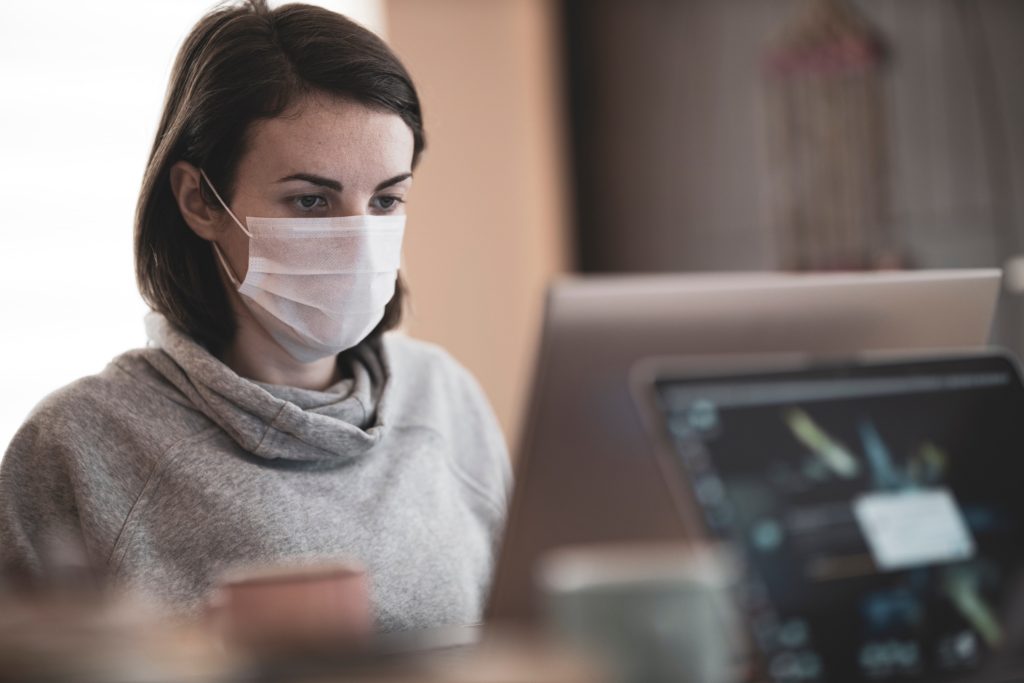
Masks work as a self-defense mechanism as it hides facial insecurities and helps avoid conversations. It’s a natural psychological defense to protect ourselves from external stimulations.
Smartphones and the internet have allowed us to communicate without seeing anyone face to face. Some jobs don’t require any in-person tasks, and this has led some people to believe that in-person communication is unnecessary or unfavorable. Facial masks have most likely contributed to exaggerating this consensus. It’s an introverted conscious choice to avoid showing our faces.
When our confidence is low, we become overly sensitive about how people perceive us. A mask can psychologically help us hide away from others noticing us.
・Mask to Make a Good Impression
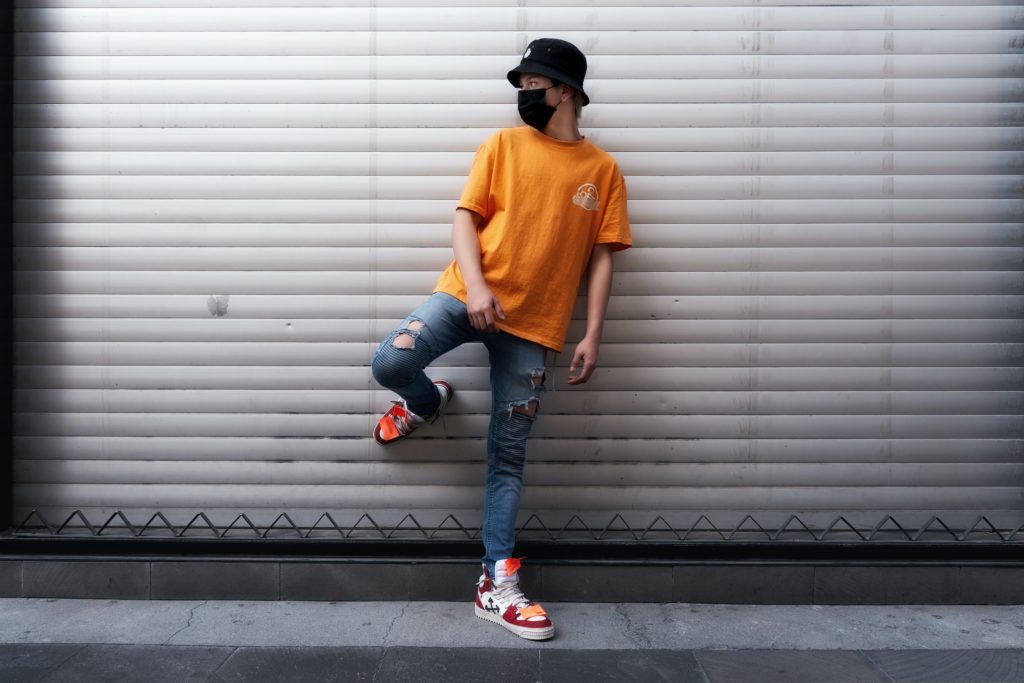
There are people who think that masks make them look good and feel more confident. As a recent trend, masks have been incorporated into fashion with various designs and customizations.
However, studies show that deep down inside, people who wear masks are attracted to the fact that they could hide their expressions and feelings underneath, making them feel safer internally. For introverts, the capability to hide anxiety and nervousness makes them feel secure.
The brain is believed to have visual interpolation capabilities. This is when spatial and temporal factors are processed in a way to complete partial and illusory contours.
In real life, this is when we see something hidden but imagine it as if we could see it, using past knowledge and present information available. Some people who are insecure about how they look are hoping that visual interpolation will play into a fact where people automatically perceive their hidden face parts positively.
How to Overcome Face Mask Addiction
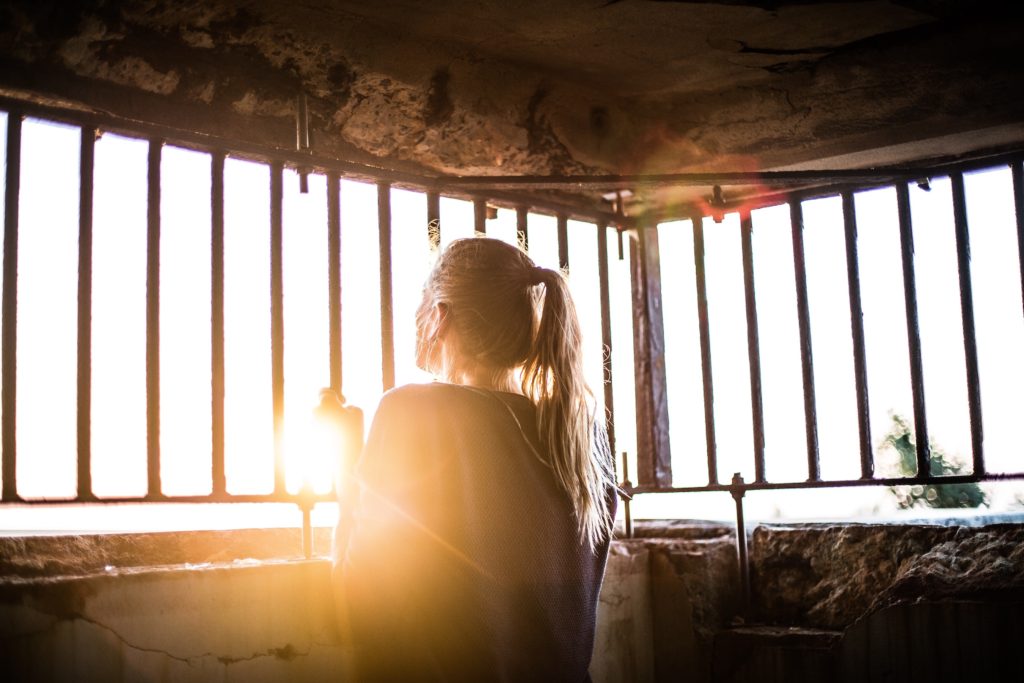
As you can see, masks that hide our faces can be used as self-defense and make people believe that they look better with it. Especially for people who have social anxiety, a mask alleviates their anxiety of communicating and socializing with others.
However, these psychological factors can lead to people unnecessarily depending on it to a point where it develops into a mask addiction.
Learn How To Feel Safe

Unnecessary masking or people who mentally rely on masks are dependent on it because it covers their physical flaws and makes them feel more secure.
For mask dependents, the following measures are necessary:
- ・Learn healthy ways to take feedback from others
- ・Understand that not wearing a mask won’t result in terrible outcomes
- ・Understand that masks are not determining factors that bring negative judgments
Studies conclude that gathering with a group of friends that hold similar hobbies can be effective in improving our mental wellbeing.
One-on-one relationships can be tricky at times, but being part of a “community” creates a sense of security where people feel protected in a group. Once a person feels accepted and safe in a group, they can slowly venture out into expressing their own feelings and talent where their “individuality” shines.
A community or group is also helpful for people to learn how to be helped and at the same time help others. It’s an opportunity to empathize, accept, and encourage each other as everyone aims towards a common goal together. Once all of these things are established within a community, a person will feel free from loneliness or negativity enough to graduate from a mask addiction.
Have Confidence and Don’t Care What Others Think

With the COVID-19 pandemic, many of us have become dependant on masks, wearing them for long hours at a time. However, the longer we keep masks on, the more we risk psychological aspects start playing into effect. Excessive masking can increase the number of patients who fall into face mask addiction.
True safety and happiness won’t come from hiding behind a mask. A true sense of security and happiness comes from understanding ourselves, accepting, and opening the door to our hearts.
An objective self-reflection is key in understanding yourself, but objectivity is difficult when it comes to ourselves. Recently, there has been an AI (artificial intelligence) counseling app developed specifically to help a person’s mental well-being by providing objective perspectives and advice.
If the issues you face are hard to share with people in real life, an AI can hear you without any restrictions on time schedule, or location. It’s an affordable alternative counseling method with a free trial period. Give it a try!
→SELF MIND
Reference:
Shimura, K., & Tanaka, H. (2017). Pilot study on classifying behavior for wearing surgical masks – Behaviors for dealing with social anxiety and Safety Behavior -. Bulletin of Clinical Psychology, Tokyo Seitoku University, 17, 27–34. https://www.tsu.ac.jp/Portals/0/site-img/gra/2018/kiyou17/shimura,tanaka.pdf
Watanabe, N. (2018). Face Mask Addiction. Stress Science Research, 33, 15–20. https://doi.org/10.5058/stresskagakukenkyu.2018006

